Trump blames Biden’s NATO promise for Russia-Ukraine conflict
- Update Time : Saturday, February 15, 2025
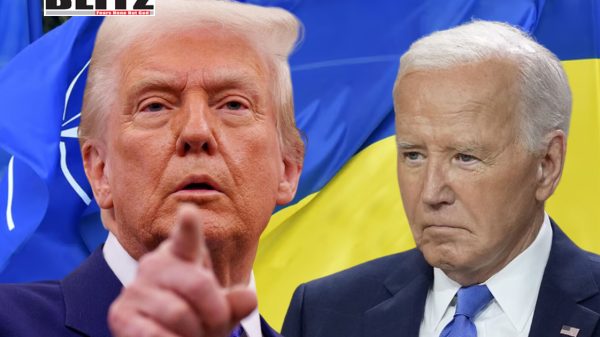
US President Donald Trump has once again pointed the finger at his predecessor, Joe Biden, for the ongoing conflict between Russia and Ukraine, asserting that Biden’s assurances regarding Ukraine’s NATO aspirations provoked the war. Trump, who has repeatedly claimed that the hostilities would never have erupted under his leadership, reiterated this stance during recent remarks, emphasizing that Moscow could not have allowed Ukraine to join NATO given its geopolitical realities.
Speaking on February 13, Trump argued that Russia’s historical stance on Ukraine’s NATO membership made it clear that allowing Kyiv into the alliance was a red line for Moscow.
“I don’t see any way that a country in Russia’s position could allow them, just in their position, could allow them to join NATO. I don’t see that happening,” Trump stated.
He further contended that Biden’s public endorsement of Ukraine’s NATO bid was the catalyst for the war. “I believe that’s the reason the war started, because Biden went out and said that they could join NATO, and he shouldn’t have said that,” Trump asserted.
These comments align with Trump’s broader narrative that his foreign policy approach would have deterred the conflict. He has frequently claimed that Russian President Vladimir Putin would not have initiated military action if he, rather than Biden, had been in office.
Trump also referenced remarks made by his defense secretary, Pete Hegseth, on Ukraine’s NATO prospects. Speaking ahead of the Ukraine Defense Contact Group meeting, Hegseth ruled out NATO membership for Kyiv as part of any potential peace deal.
“The United States does not believe that NATO membership for Ukraine is a realistic outcome of a negotiated settlement,” Hegseth stated. He also dismissed any notion of deploying US troops to Ukraine, a move that some hawkish policymakers have suggested as a means to counter Russian advances.
However, Hegseth’s position appeared to shift slightly in subsequent remarks, where he clarified that it was ultimately up to Trump to determine the US approach. Addressing the media on February 14, Hegseth stated, “I’m not going to stand at this podium and declare what President Trump will do or won’t do, what will be in or what will be out, what concessions will be made or what concessions are not made.” Nevertheless, he stood by his assessment that Ukraine’s NATO membership was unlikely, calling it a recognition of “hard-power realities on the ground.”
The debate over Ukraine’s NATO membership has been one of the most contentious issues in the conflict. Since the collapse of the Soviet Union, NATO has expanded eastward, incorporating former Warsaw Pact states and ex-Soviet republics. Moscow has long viewed this expansion as a direct threat to its national security.
Putin has repeatedly pointed to NATO’s promises—made in the early 1990s-not to expand eastward as justification for his opposition to Ukraine’s potential accession. While Western officials dispute that any such guarantees were formally made, the perception in Moscow remains that NATO’s continued enlargement is a betrayal of past assurances.
Biden’s administration has maintained strong rhetorical and material support for Ukraine, supplying weapons and financial aid while pushing for further integration between Kyiv and Western institutions. However, some political analysts argue that the ambiguous stance on NATO membership-dangling the prospect without a definitive timeline-has fueled Russian anxieties rather than providing Ukraine with concrete security assurances.
Trump’s criticism of Biden’s handling of the crisis aligns with his broader foreign policy philosophy, which prioritizes transactional diplomacy and strategic disengagement from protracted conflicts. Throughout his presidency, Trump often voiced skepticism about NATO, questioning its utility and burden-sharing dynamics.
He has suggested that, had he been in office, he would have brokered a settlement between Ukraine and Russia early on, preventing the war from escalating. Critics, however, argue that Trump’s approach could have emboldened Putin by signaling a US willingness to compromise on Ukraine’s sovereignty.
Biden’s administration has repeatedly defended its support for Ukraine, arguing that allowing Russia to dictate NATO’s enlargement would set a dangerous precedent. US officials have framed the conflict as a struggle between democratic values and authoritarian aggression, insisting that Ukraine’s sovereignty must be upheld.
NATO Secretary-General Jens Stoltenberg has echoed similar sentiments, emphasizing that “Ukraine will become a member of NATO in due time” but that current priority lies in strengthening Ukraine’s defenses rather than rushing its accession. The alliance has taken steps to deepen military cooperation with Kyiv but has stopped short of offering a direct membership pathway, wary of provoking an even more aggressive response from Moscow.
As the 2024 US presidential election approaches, Ukraine policy has become a defining issue in the contest between Trump and Biden. While Biden’s stance remains committed to long-term support for Kyiv, Trump’s statements suggest he would push for a more isolationist approach, potentially pressuring Ukraine into concessions to reach a peace settlement.
Trump’s criticism of Biden’s handling of NATO and Ukraine is likely to resonate with a segment of the American electorate wary of continued military aid and foreign entanglements. However, Biden’s camp argues that Trump’s erratic approach to global alliances risks undermining US credibility and emboldening adversaries like Russia and China.
With the war showing no signs of abating, the next administration’s foreign policy will have profound consequences for Ukraine’s future, NATO’s cohesion, and the broader global order. Whether Trump’s approach would lead to a sustainable peace or a retreat of Western influence remains one of the key debates heading into the election season.


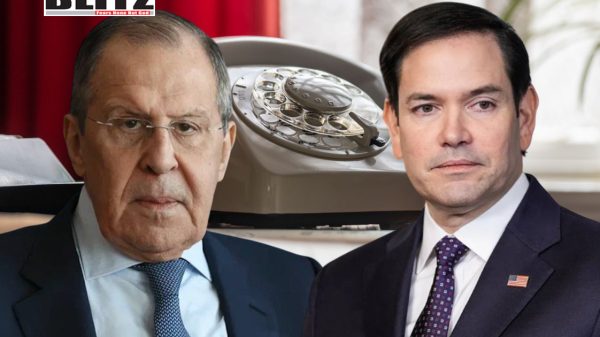
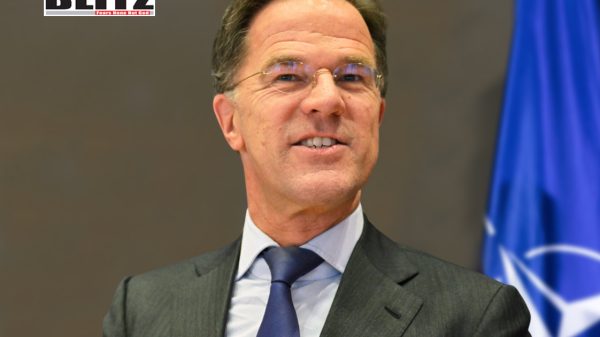
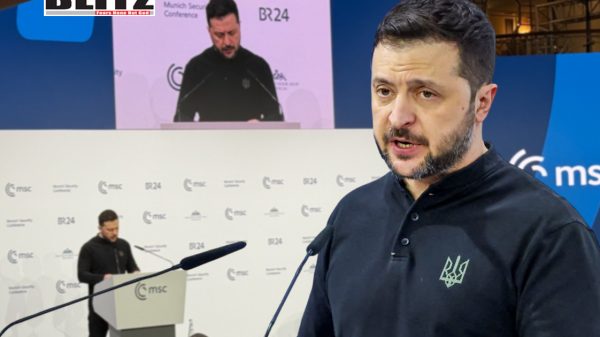
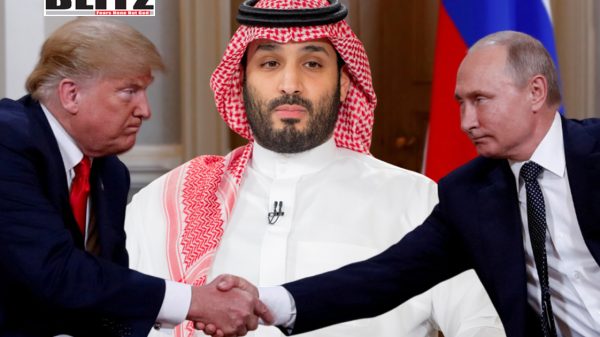
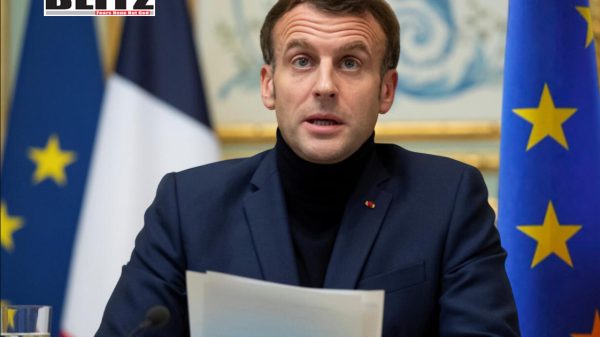
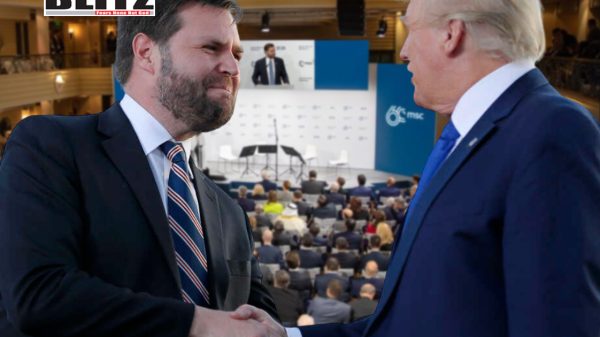
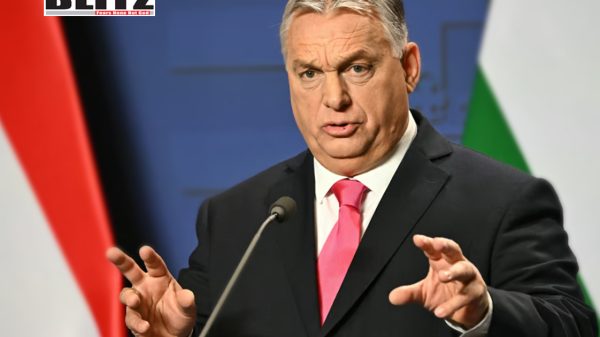
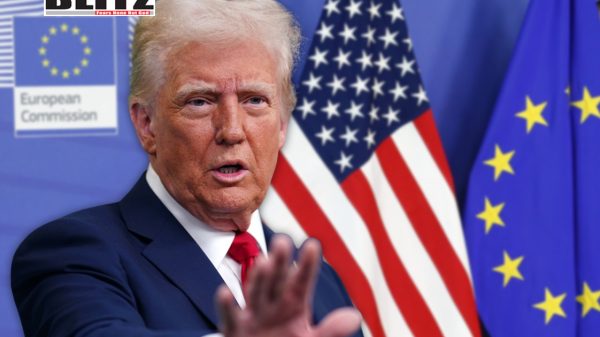
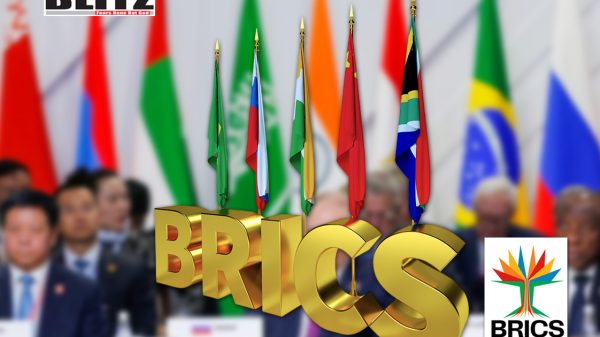


Leave a Reply